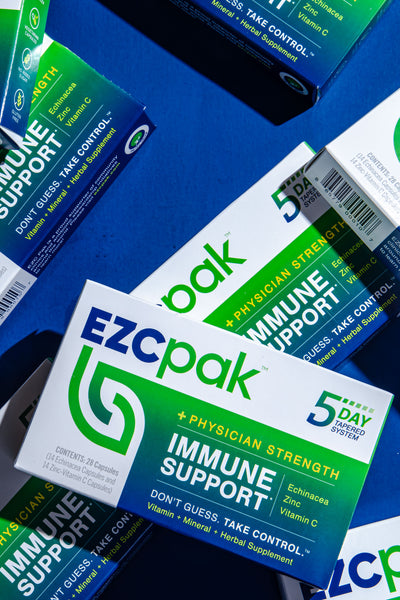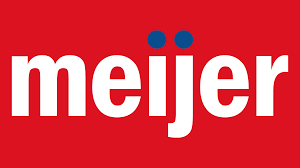More and more Americans are exposed to unnecessary, misleading labels on everyday products. Perhaps you’ve been browsing the aisles of your neighborhood market only to find hormone-free chicken breasts, gluten-free milk, and GMO-free cheese. What do all of these products have in common? Their labels are meaningless! They push consumers to buy products they perceive as superior or healthier, even though these very products would have never contained those ingredients to begin with.
Some Brands Prey On Our Insecurities with Products that Make No Sense
Gluten-free water? Yes, you can buy that. It’s expensive and it’s being marketed as a “lifestyle-oriented” choice.
Some brands exploit the general public’s misunderstanding of negative or “-free” label designations. Many products are inherently gluten-free, but are strategically labeled as such anyway to boost the products’ perceived healthiness. When you see a product advertised as gluten-free, beware. Products such as milk, eggs, water, cheese, rice, and beans are naturally gluten-free.
Same goes for hormone-free labeling. If you see this claim on your milk gallon, that’s okay. But beware if you see it printed on your chicken or pork! The FDA bans the use of hormones in all chicken and pork, regardless of how “cheap” the brand is. Chicken or pork advertised as “hormone-free” is just like any other chicken or pork -- with a better marketing budget.
Another important warning: “homeopathy” and “all-natural” labels. Know that while organic designations are regulated, all-natural ones are not. Homeopathic products are based on principles that have been disproven by the laws of physics and chemistry. Read the ingredients, know what the product actually contains, consider the country of origin, and learn more about the brands you purchase if you want to dig deeper. Don’t confuse all-natural or homeopathy with organic; they are not the same.
Obsession with “Eating Clean” Linked to Orthorexia
All of these mixed messages can cause a real headache for consumers who are trying to purchase healthier foods for their homes. It can also lead to orthorexia, a dangerous obsession with eating clean that’s similar to recognized eating disorders.
Symptoms of orthorexia include fixating on different foods’ perceived healthiness, spending hours selecting what foods to cook, and the inability to consume foods prepared by others with unacceptable ingredients.
Healthy eating should be simple, delicious, and relatively easy. For information on a truly balanced diet, talk to a registered dietitian about what’s best for you. It could be worth paying for a consultation to learn what foods are right for you and your family.






